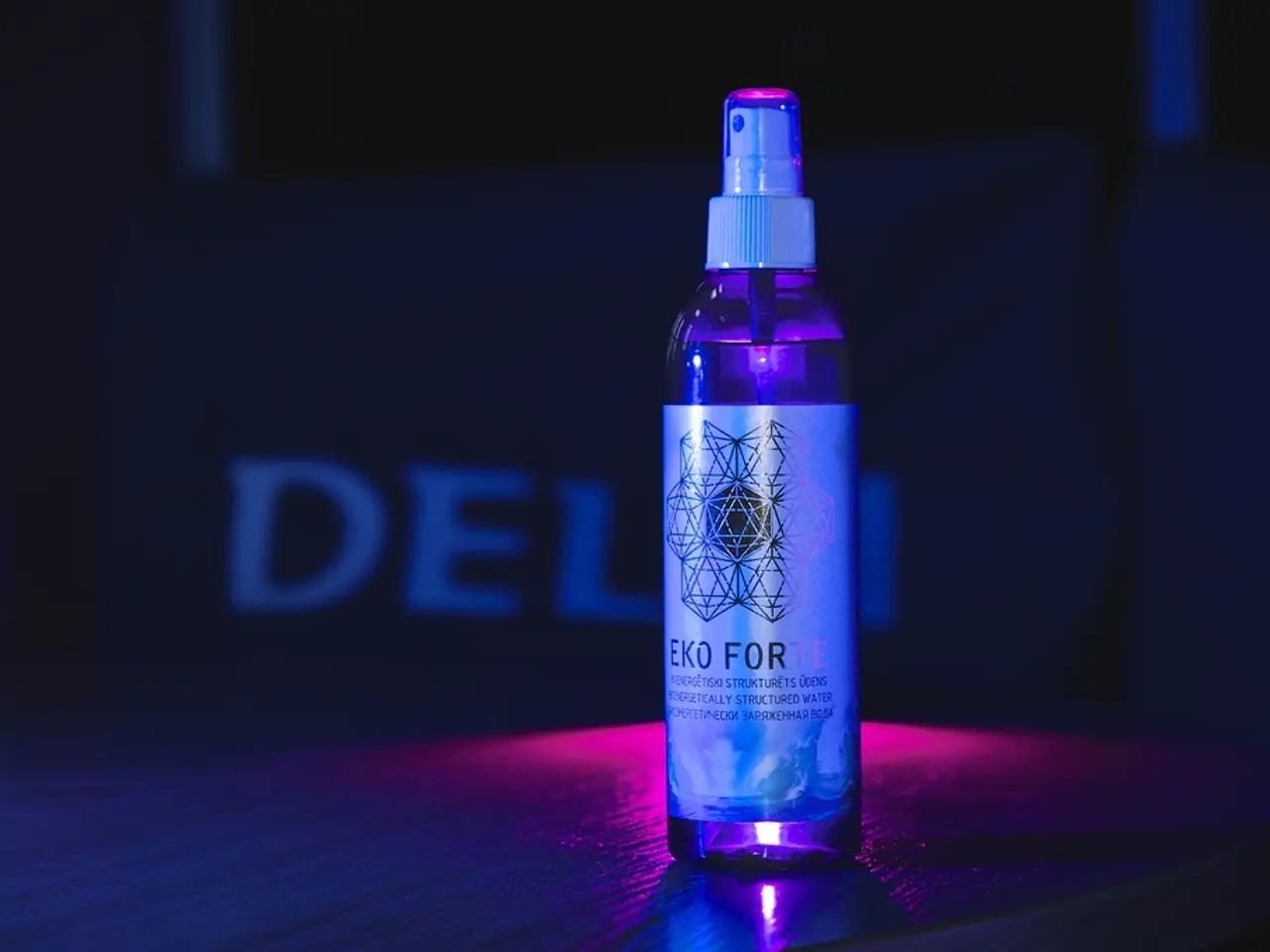Government Expresses Cancer Concerns over Acidity Medicine Ranitidine, Initiates Investigation
India Takes Precautionary Steps to Ensure Ranitidine Safety
The Central Drugs Standard Control Organisation (CDSCO) in India has taken several measures to ensure the safety of Ranitidine, a commonly used acidity medicine, following concerns about the presence of N-Nitrosodimethylamine (NDMA) impurities.
The decision was made during the DTAB's 92nd meeting on April 28, 2025, following a recommendation by an expert committee that was constituted in December of the previous year to study impurity concerns around Ranitidine. The expert committee's purpose was to investigate the potential risks associated with NDMA contamination.
The CDSCO has directed state and union territory drug regulators to monitor NDMA levels in Ranitidine. The organization has also mandated stringent monitoring of NDMA levels in both the active pharmaceutical ingredient (API) and final formulations of ranitidine by manufacturers.
In addition, the CDSCO has emphasized the need for risk-based measures such as limiting shelf life, modifying storage recommendations, and enhancing NDMA testing protocols for ranitidine manufacturers.
To further assess the long-term safety of Ranitidine in light of NDMA presence, the Board has recommended that the Indian Council of Medical Research (ICMR) conduct a study.
NDMA is classified as a probable human carcinogen, and its presence in medications has caused global regulatory scrutiny. Ranitidine, which is commonly prescribed for acid reflux and ulcers, was withdrawn from several markets, including the US, due to high levels of NDMA found in some samples.
In India, the response focuses on continuing supply with rigorous surveillance rather than an outright ban, emphasizing manufacturer accountability and multi-agency coordination to safeguard public health. The DTAB has also called for a larger committee to examine all aspects of the issue, including storage conditions that may contribute to NDMA formation.
Dr Lohit Chauhan, a gastroenterologist at Max Dwarka, mentions that while Ranitidine usage has decreased in metro cities, it is still prescribed in Tier 1 or 2 cities, particularly at primary healthcare centres. Dr Abhishek Shankar, Oncologist at AIIMS Delhi, states that Ranitidine falls in the Group 2A carcinogen category, implying it is a probable human carcinogen.
Safer alternatives to Ranitidine include Famotidine and Pantoprazole. Dr Lohit Chauhan suggests that the DGCI should set prescribed limits for NDMA levels in Ranitidine to ensure its safety.
In summary, India’s current guidelines revolve around mandatory NDMA level monitoring, implementing risk-based mitigation steps (like reducing shelf life), and ongoing scientific evaluation rather than prescriptive numeric limits publicly disclosed. This approach aims to ensure that ranitidine products in India meet safety standards amid global concerns over NDMA contamination.
- With the potential risks associated with NDMA contamination in Ranitidine under investigation, the Indian Council of Medical Research (ICMR) has been recommended to conduct a long-term study on its health-and-wellness effects.
- Amidst concerns about the presence of NDMA in Ranitidine and its classification as a probable human carcinogen, the use of safer alternatives such as Famotidine and Pantoprazole is being considered for wider prescription.




